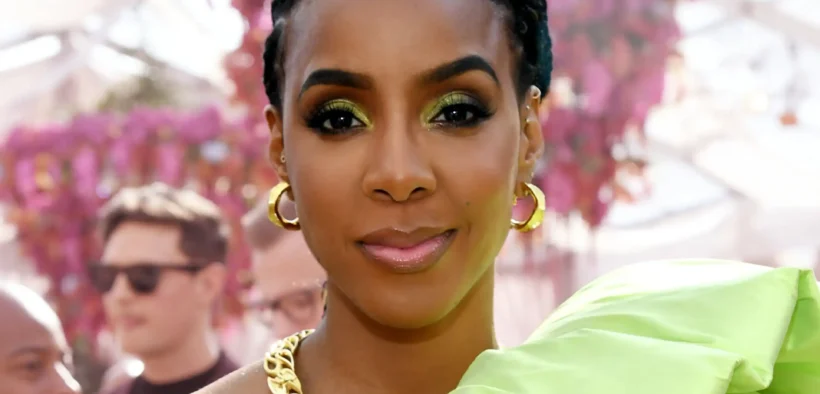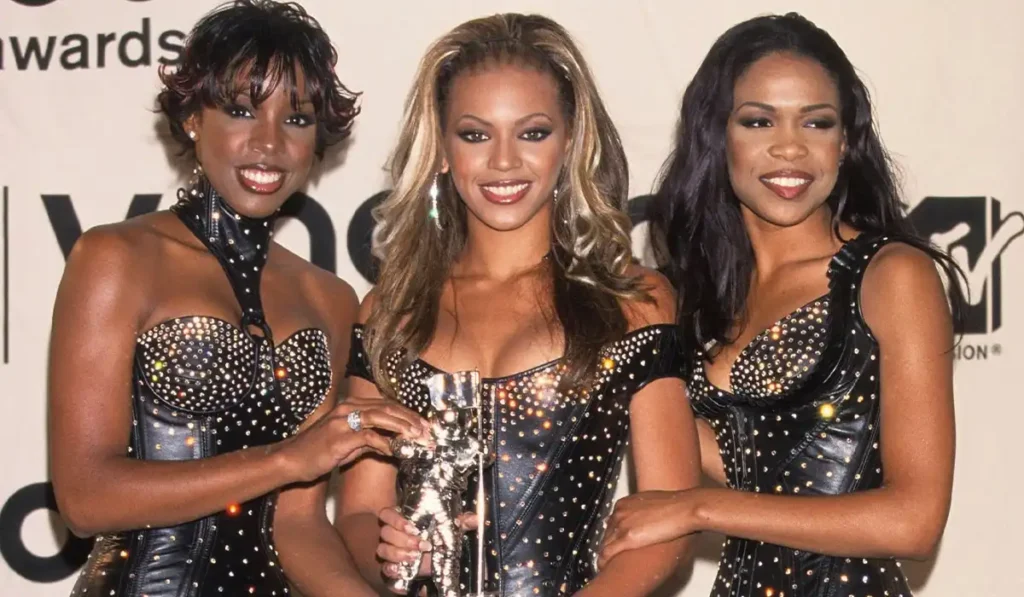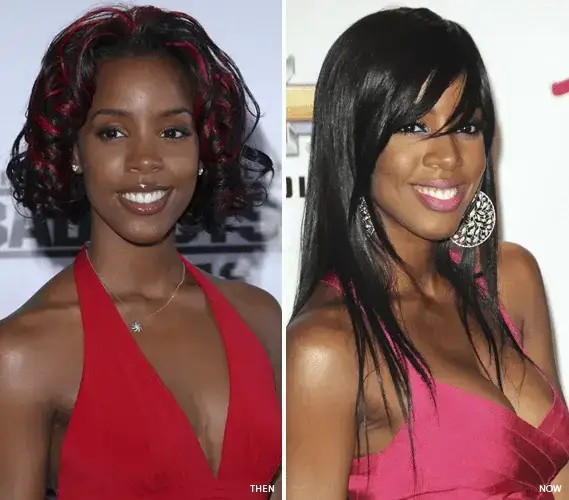How Kelly Rowland Built Her Own Legacy Beyond Destiny’s Child
Share

In an industry that too often asks Black women to shrink, Kelly Rowland has always stood tall. Whether she’s commanding the stage, producing heartfelt films, or mentoring young talent, Kelly Rowland embodies a quiet power, rooted in resilience, shaped by legacy, and fueled by purpose.
For decades, Kelly Rowland has been part of our cultural soundtrack. As one-third of Destiny’s Child, she became a global star in her teens, her honey-toned vocals seamlessly harmonizing with Beyoncé Knowles and Michelle Williams.
Together, they delivered timeless hits like “Survivor,” “Say My Name,” and “Bootylicious” songs that weren’t just chart-toppers, but affirmations for young Black girls learning to own their confidence.
Yet Rowland’s journey didn’t stop when the group took its final bow. In many ways, that’s when her real voice emerged.
Stepping Into Her Own Light

Rowland was just a teenager when Destiny’s Child first exploded onto the charts. The group’s meteoric rise was powered by hit after hit, “Say My Name,” “Survivor,” “Independent Women”, songs that became more than radio favourites; they became cultural affirmations.
But with global success came constant comparisons, especially between Kelly Rowland and her bandmate Beyoncé. For years, the question wasn’t about Rowland’s talent—because that was always clear, it was whether the world would see her outside of the group’s dynamic.
She answered that question not with defiance, but with quiet determination. Her debut solo work, Simply Deep, offered a more introspective sound. Songs like “Stole” and the chart-topping duet “Dilemma” with Nelly proved she had stories of her own to tell, and the voice to tell them.
Over time, she’s refined her sound and her image, leaning into grown-woman R&B and pop with subtle strength. But it’s what she’s done outside the studio that perhaps reveals even more.
She is a Proud Black Woman
There’s a deep, human honesty that defines Rowland’s public presence. She has spoken openly about colorism, about living in the shadow of comparison, about the challenges of motherhood and mental health.
In doing so, she’s helped dismantle long-held myths around Black womanhood that we must be unbreakable, unbothered, or constantly performing resilience.
“I used to dim my light,” she once admitted in an interview. That admission resonated widely, because for many Black women, learning not to shrink is part of the journey.
Rowland’s willingness to talk about those internal battles has offered visibility for those navigating their own. She doesn’t present herself as flawless, but as someone growing and choosing joy anyway.

These days, Kelly Rowland wears many hats, artist, actress, producer, author, mother. But at the heart of it all is her role as a cultural nurturer. She’s mentored young artists on The Voice Australia and executive-produced films that centre Black beauty and identity, like Black Magic. Her children’s books celebrate self-love for young Black girls.
Even her social media presence feels intentional, balancing glamour with authenticity.
And while the industry has shifted, Rowland remains remarkably consistent: focused, grounded, generous with her platform. She’s never loud about her accomplishments, but the impact speaks for itself.
Perhaps what’s most striking about Kelly Rowland in this chapter of her life is her stillness. There’s no frantic chase for relevance. No clinging to nostalgia. Instead, there’s a woman who knows who she is and is content with where she’s standing.
She is not the underdog, not the shadow, not the “other” Destiny’s Child member. She is Kelly Rowland, multifaceted, magnetic, and fully in her own lane.
In a world that often demands Black women be either invincible or invisible, Rowland offers another option: to be fully seen, fully soft, and fully sovereign.




















